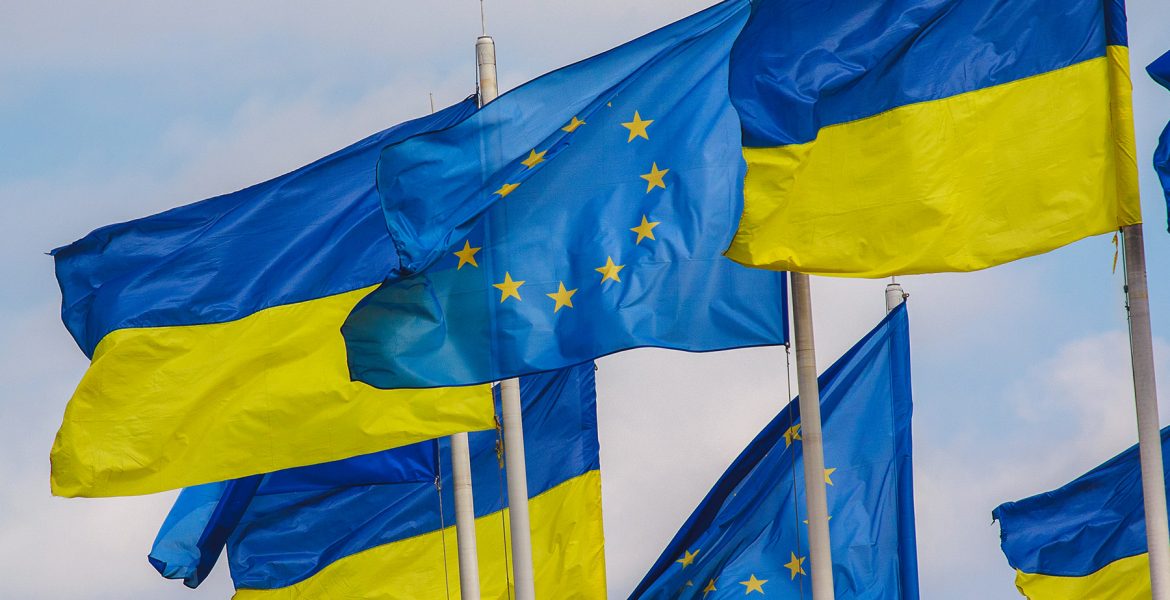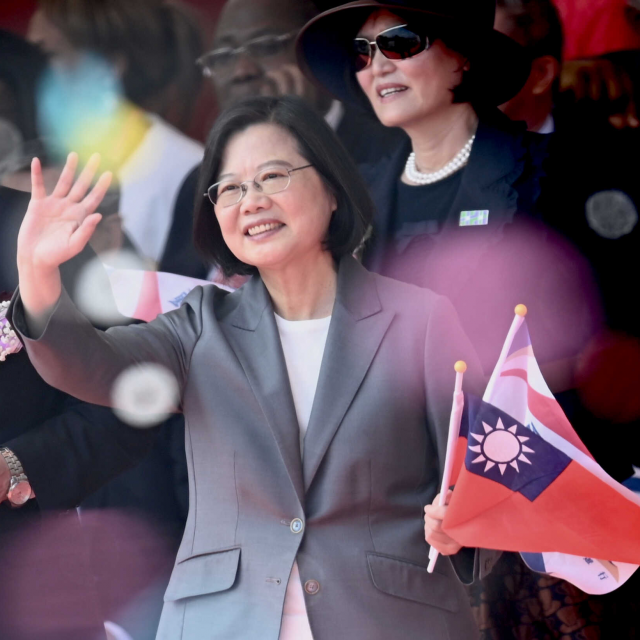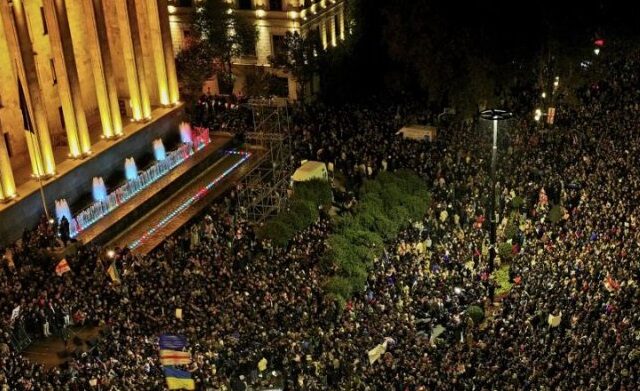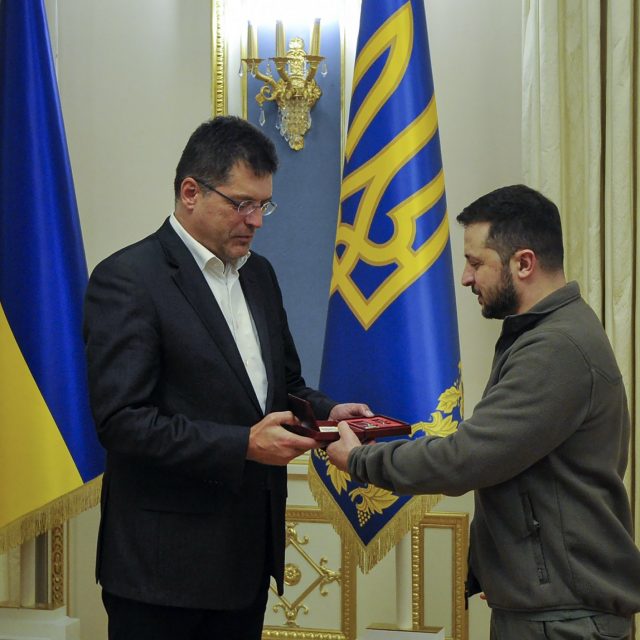Solidarity with Ukraine: The EU-Ukraine Association Council has taken place, with new agreements further strengthen cooperation between the EU and Ukraine
Last Monday, the 8th EU Ukraine Association Council took place in Brussels to discuss the EU-Ukraine bilateral agenda, notably the implementation of the Association Agreement and state of play of EU-Ukraine cooperation.
The EU has stood with Ukraine since the beginning of the Russian aggression and our bilateral agenda is advancing faster than ever before.
This was the first time the Association Council was held with Ukraine as an EU candidate country. It was chaired by High Representative Josep Borrell, and Prime Minister of Ukraine Denys Shmyhal. Commissioner for Neighbourhood and Enlargement Olivér Várhelyi, will also participate. In the margins of the Association Council, the European Commission signed four sectoral agreements to further strengthen EU-Ukraine cooperation.
First, the Commission and Ukraine have signed a new €500 million budget support programme as part of the pledges announced by President von der Leyen in the ‘Stand up for Ukraine’ campaign in April and High Level International Donors‘ Conference in May in Warsaw. This EU grant funding will help ensure housing and education for internally displaced persons and returnees and support Ukraine’s agriculture sector. In addition, the Commission concluded an agreement to associate Ukraine to the digital Europe programme.
From now on, Ukrainian businesses, organisations, and public administrations will be able to access the calls from the Digital Europe Programme, which has an overall budget of €7.5 billion for the 2021-2027 period. In particular, Ukraine will be able to apply for funding and support for projects in key capacity areas: supercomputing, artificial intelligence, advanced digital skills, and ensuring a wide use of digital technologies across the economy and society, including through Digital Innovation Hubs.
Moreover, to further help, Ukraine’s contribution to the Programme has been waived for the current year. Finally, the Commission signed two agreements which pave the way for Ukrane’s participation in the EU custom’s programme.
This is a major boost for cooperation between the EU and Ukraine on customs and tax matters. Ukraine’s participation in the Customs programme will also include a connection to the common secure customs network (CCN/CSI), necessary for Ukraine to apply the New Computerised Transit System (NCTS).
This connection is essential for Ukraine once it joins two transit Conventions (the EU-Common Transit Countries’ Convention on a Common Transit Procedure and the Convention on the Simplification of Formalities in Trade in Goods) on 1 October. This is an important step forward in Ukraine’s pre-accession strategy, and will greatly support the work on Solidarity Lanes to and from Ukraine.




